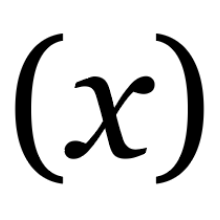
Variables are fundamental elements in programming, serving as placeholders or containers for storing data values. They allow developers to label data with a descriptive name, making the code more readable and maintainable. Variables can hold various types of data, such as numbers, text (strings), boolean values (true/false), and complex objects, depending on the programming language's data types.
The use of variables enables programmers to manipulate data by performing operations and calculations, and to control the flow of the program through conditional statements and loops. Each variable in a program has a specific scope, which defines its visibility and lifetime within the program. This can be local to a function or global across the entire program.
Proper naming conventions and clear, concise variable names are best practices that enhance code readability and maintainability. Variables are essential for dynamic programming, allowing developers to write flexible and reusable code that can interact with changing data, thereby making the software behavior adaptable and scalable.

